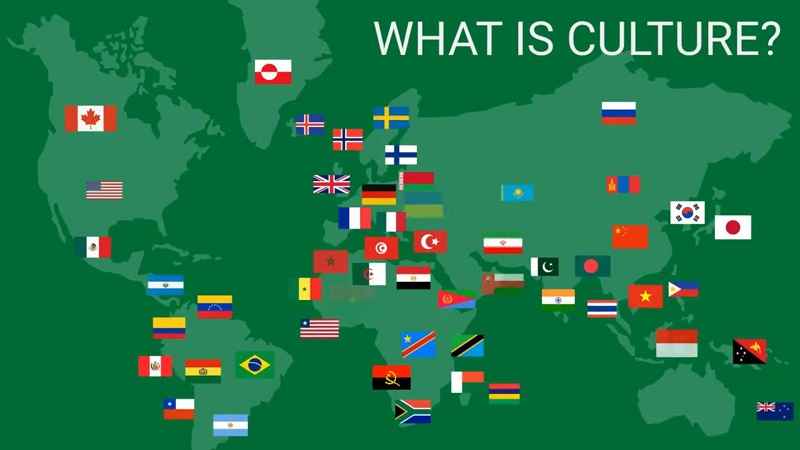
Contrasting Administrative, Orientalist, and Indologist Perspectives Unveiling Diverse Approaches to Understanding Cultures
Understanding cultures and societies has been a pursuit that has intrigued scholars across disciplines for centuries. Among the various approaches, three distinct perspectives have emerged: the administrative perspective, the orientalist perspective, and the indologist perspective. Each offers unique insights and methodologies for studying cultures, but they also carry inherent biases and limitations. Let’s delve into the characteristics and differences of these perspectives.
Administrative Perspective
The administrative perspective, often associated with colonial administrations, focuses on governance, management, and control of territories and populations. Administrators prioritize practical concerns such as taxation, law enforcement, and infrastructure development. Cultural understanding is instrumental in achieving administrative objectives, but it is often superficial and serves the interests of the ruling authority.
For example, during British colonial rule in India, administrators sought to classify and categorize Indian society based on caste, religion, and ethnicity for easier governance. This classification system, known as the caste system, was used to justify discriminatory policies and reinforce colonial power structures.
Orientalist Perspective
The orientalist perspective, popularized during the European colonial era, views Eastern cultures as exotic, mysterious, and fundamentally different from Western civilizations. Orientalists often romanticize the East, portraying it as timeless, backward, and in need of Western intervention and enlightenment. This perspective is characterized by a sense of superiority and a tendency to essentialize and stereotype non-Western societies.
For instance, Orientalist scholars like Edward Said criticized Western portrayals of the Middle East as “Oriental despotism” or “the land of the thousand and one nights,” arguing that such representations served colonial interests and perpetuated cultural hegemony.
Indologist Perspective
The indologist perspective, rooted in the academic study of Indian civilization and culture, seeks to understand Eastern societies on their own terms, employing rigorous linguistic, historical, and philological methodologies. Indologists strive for a deep and nuanced understanding of Eastern philosophies, religions, literature, and social structures, often challenging Western stereotypes and misconceptions.
For example, scholars like Max Müller and Heinrich Zimmer made significant contributions to the study of Indian texts such as the Vedas, Upanishads, and epics like the Mahabharata and Ramayana, shedding light on the rich cultural heritage of India and its contributions to world civilization.
The administrative, orientalist, and indologist perspectives offer contrasting lenses through which cultures are studied and understood. While the administrative perspective prioritizes practical concerns and governance, the orientalist perspective tends to exoticize and essentialize Eastern cultures, whereas the indologist perspective emphasizes rigorous scholarship and cultural appreciation. By critically examining these perspectives, we can gain a deeper understanding of the complexities and diversity of human societies.